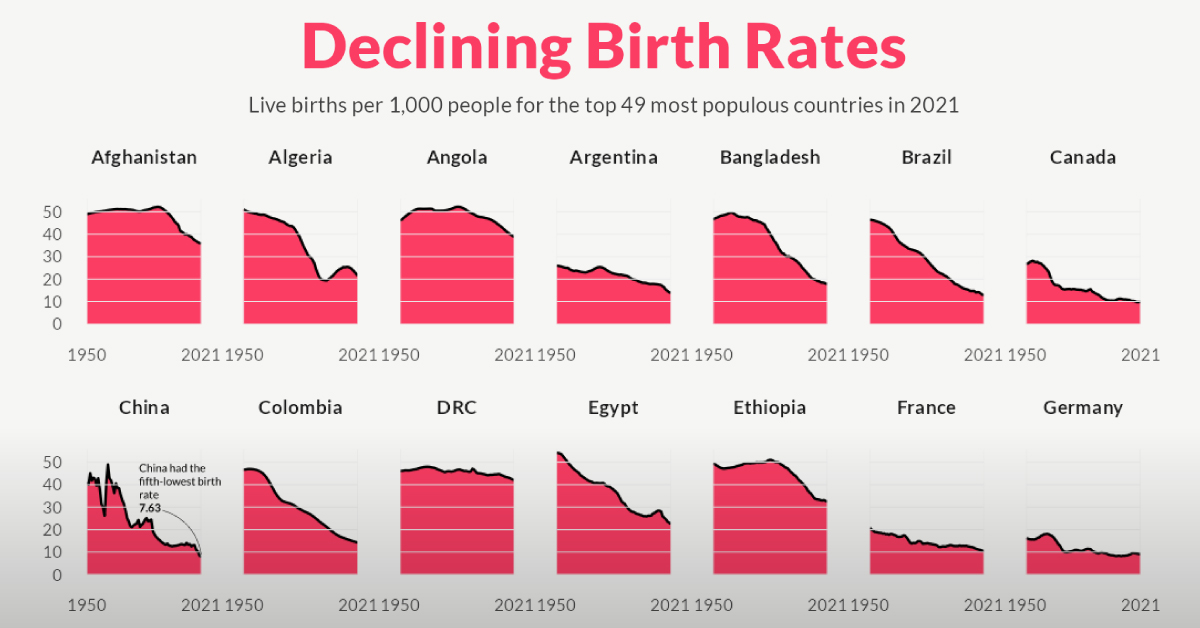- Heard enough of demographic dividends propelling the economic growth of any country through the sheer size of a country. Yes, two of the most populous countries in the world viz. India and China are a case in point but with contrasting results on the economic front. While India has overtaken China as the most populous country in the world, the former has not yet fully realized the potential of utilizing the demographic dividends on expected lines economically. China has made spectacular progress on the back of a burgeoning population by becoming the world’s manufacturing hub over the last few decades. That amazingly inspiring growth story should propel other countries to follow suit. India is pursuing options to attract investors, including overseas.

PC:The Economic Times
- But China also advocated a single-child policy which has been since reversed courtesy of the declining birth rate causing concern among the policymakers for the future growth prospects. India too advocated the two-child norm for quite some time as part of the population control measures. Thus, failing birthrates are here to stay. Healthier, older people are a solution. But, for the Earth, it’s a problem. Recently, the RSS boss asked Indian families to have at least three kids. He was worried about falling fertility rates. On the other hand, a guru/entrepreneur in the market for age reversal is in India to talk about his take on a long life. What connects the two is that both bits of news are, in different ways, part of fundamental shifts – birth rates worldwide are falling and research on healthy longevity (not just longevity) is booming.

PC:Visual Capitalist
- The RSS boss’s interventions are futile. The more agency women have, the less they will fall for the old trick that tells them being a mom is their highest calling. In part because the burden of childcare falls disproportionately on them, not just in the East but also in the West. Reasonably assuming, even given male proclivities for nastiness, the baby-making trendline will flatten out, with a downward bias. Not just politicos, many pundits are in despair, fretting, variously, about shrinking worker base, lower GDPs, and higher old-age care burden. But, if research on healthy longevity delivers safe, uncomplicated, affordable solutions, some of these aging society problems can be addressed. Let’s see how this can be addressed.

- Older, physically and mentally healthier people can work longer. Mind you, 65 is already the new 60 for many companies across countries. And if AI delivers the productivity miracle its proselytizers promise, the two together can mitigate the problem of fewer, young workers, and higher pension burden. Healthier older people will also not bust healthcare. Sharp 80-somethings don’t require expensive treatment, 80-somethings with brain degeneration do. Culturally, healthy longevity is likely to challenge the post-war consensus on celebrating youth. If fit, productive, older people are the largest cohort, markets will switch their veneration. However, the Earth will be burdened by supporting the burgeoning consumption needs and resources. Think about it holistically.






